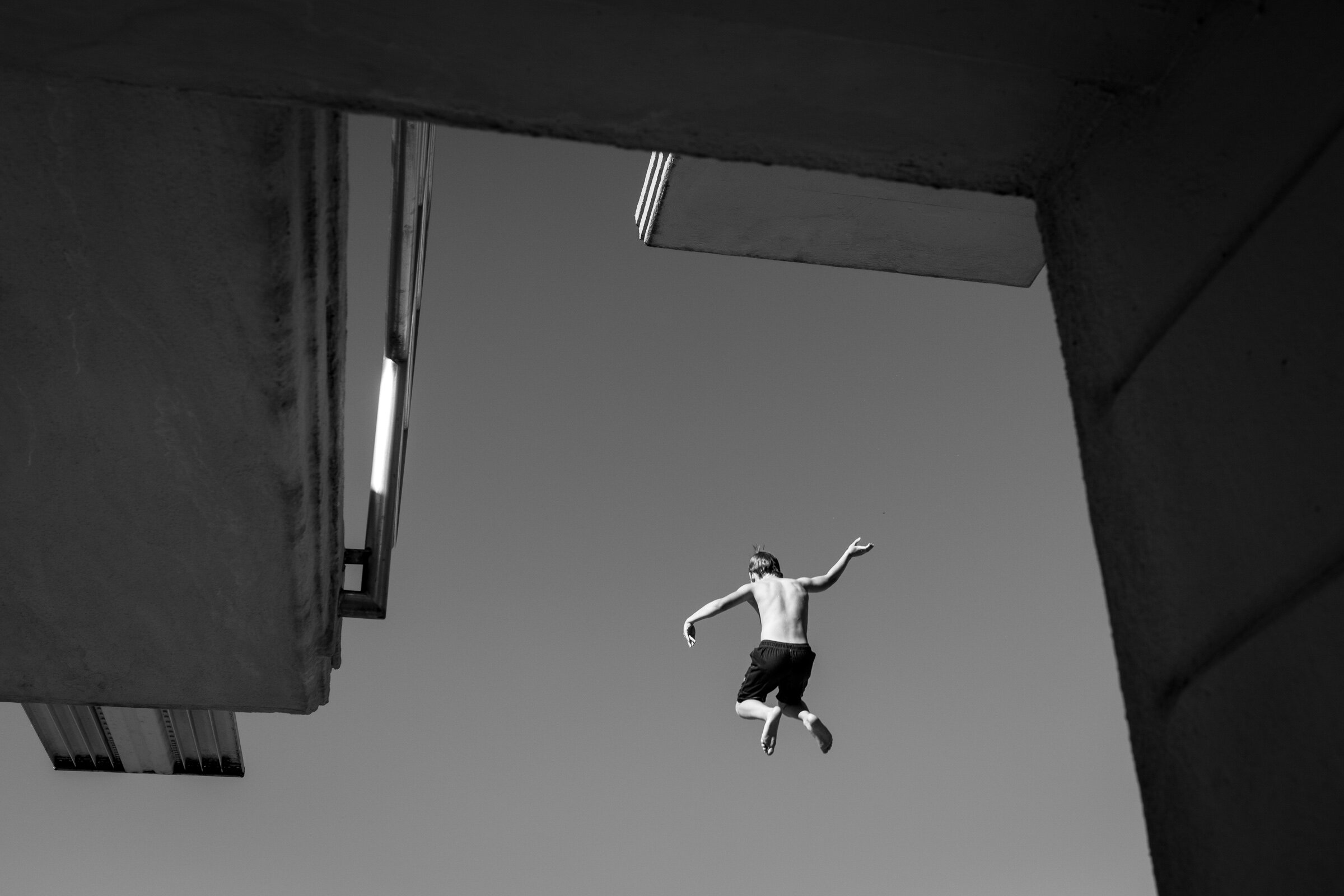Photographs not taken
I imagine many reasons why not to take a photograph. This includes situations of danger or emergencies, moments with a special emotional involvement, respect for a person or situation or simply the feeling of inappropriateness. Some shots are simply not taken because of distraction or missed anticipation, the lack of a camera (usually excluded among serious photographers), misconception or just for the fact of being too slow to get the frame. However, while roadblocks to consciously not take a photo vary so do reasons to get or go for a shot in a given moment. This is the story about a photograph I made and which some time later brought an incident to my mind, I would have preferred to forget.
It is impossible to conceive all meanings of a situation just in a second of a moment. Even if the photographer has more time to take a shot, a photo can change its message, meaning or significance with time. I guess many photographers have experienced the feeling when a photo is reviewed or edited later and the meaning or their conception of what was documented suddenly changes and does not comply anymore with the initial intention. Even emotions related to the moment or picture taken can change with time and allow different insights and interpretations on initially clear views. It‘s like reading a book for the second time and discovering new aspects of a known story. Not to mention those images to which a strong personal relation and emotion exists and to which we refuse to look again for some change of mind.
Editing images is a difficult and sometimes impossible process to deal with one‘s own images in the most honest way. Why did I take the photo, what do I like about it, and how does it make me feel? I sometimes ask myself if there is maybe a story or a rationale within or behind this single image? Even if the result of this evaluation might be temporary, deleting an image is an irreversible decision and most of those images afterwards probably fade away from our consciousness and memories.
Even though I took the image above, I was close to deleting it years after. I took it in a public swimming pool which is forbidden where I live. However, I had no seedy intentions and just had my camera with me like I always do. I liked the action and context of the scene and after a few minutes I tried to compose an image. Later on, on a second look, the attitude of the boy looked somehow akward and almost anxious to me.
This reminded me later, while editing the image, about a frightening moment I had almost forgotten. When I was approximately the same age as the boy, I spent summer holidays with my family on a beach resort in Spain. The beach area had tiny bays and surrounding cliffs. One day, my curiousity and childlike adventurousness brought me together with other kids up to a high cliff. The height was exciting and the view over the beach and sea from above was spectacular. Unexpectedly, this view was suddenly interrupted, as I got somehow in a scuffle between the boys close to the edge of the cliff and finally, I lost the ground under my feet and fell off the cliff.
The moment of not knowing what was happening together with the free fall down into the sea made me desperately terrified for a few seconds. Then, there was water all around me and I started to realize what has happened. The shortness of this moment contrasts the long time afterwards I was afraid of height. I had dreams about falling down in an endless manner and often woke up very agitated. I still wonder why I have not deleted the image or even why I have not avoided taking it in the first place as the association with my personal experiences many years ago is negative. However, as not many people know this story and there is no photo about it, I somehow can see myself in the boy falling down, imagining what he felt and hoping he was able to deal with it. And even if there might be very good reasons for not taking a photo or deleting a photo that was taken, it should not prevent us from reflecting about those situations, our decisions and their implications.

